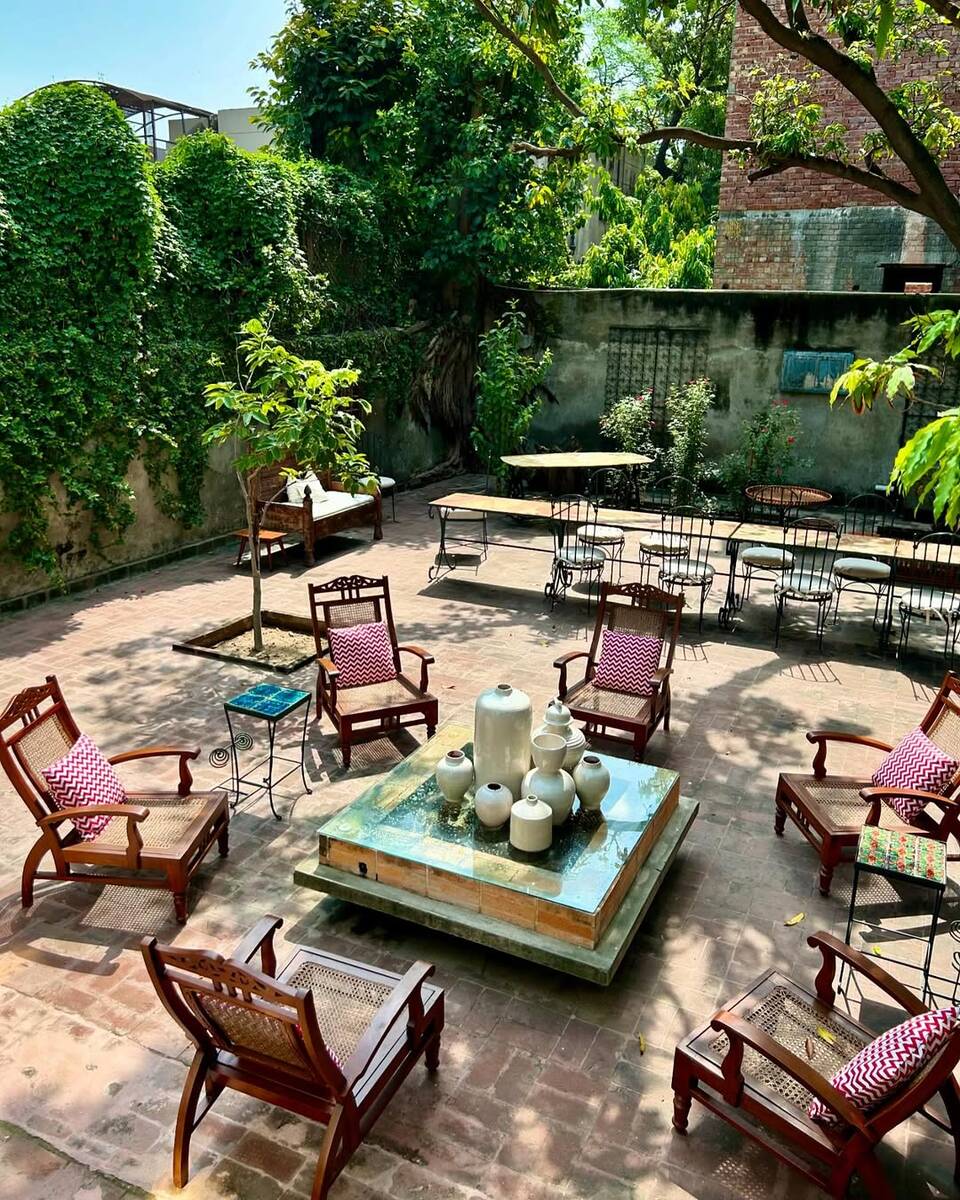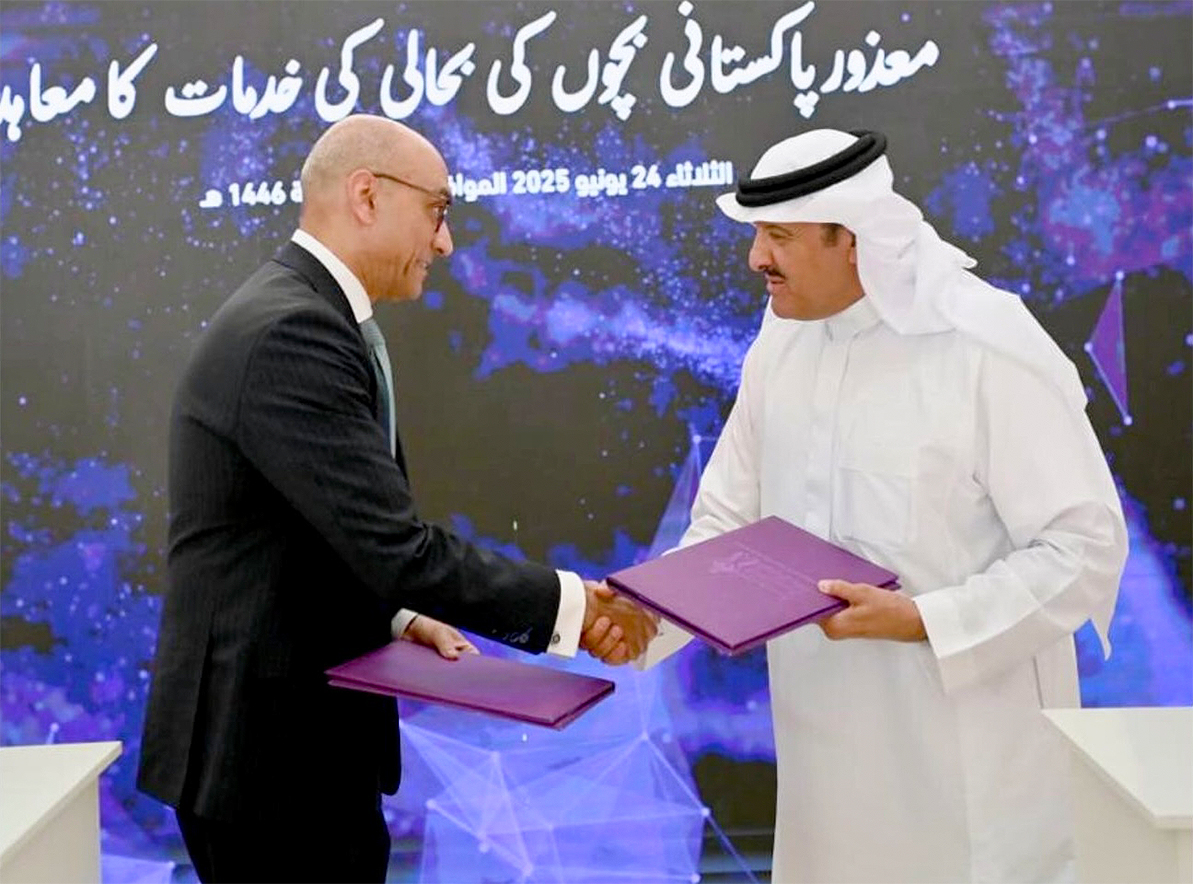SINGAPORE: Pakistan and India are close to reducing the troop build up along their border to levels before conflict erupted between the nuclear-armed neighbors this month, a top Pakistani military official told Reuters on Friday, although he warned the crisis had increased the risk of escalation in the future.
Both sides used fighter jets, missiles, drones and artillery in four days of clashes, their worst fighting in decades, before a ceasefire was announced.
The spark for the latest fighting between the old enemies was an April 22 attack in Indian-administered Kashmir that killed 26 people, most of them tourists. New Delhi blamed the incident on “terrorists” backed by Pakistan, a charge denied by Islamabad.
On May 7, India launched missiles at what it said were “terrorist infrastructure” sites across the border and as Pakistan responded with its own attacks, both countries built up additional forces along the frontier.
General Sahir Shamshad Mirza, Pakistan’s chairman of the joint chiefs of staff, said the two militaries had started the process of drawing down troop levels.
“We have almost come back to the pre-22nd April situation... we are approaching that, or we must have approached that by now,” said Mirza, the most senior Pakistani military official to speak publicly since the conflict.
India’s ministry of defense and the office of the Indian chief of defense staff did not immediately respond to Reuters’ requests for comment on the remarks by Mirza.
Mirza, who is in Singapore to attend the Shangri-La Dialogue forum, said while there was no move toward nuclear weapons during this conflict, it was a dangerous situation.
“Nothing happened this time,” he said. “But you can’t rule out any strategic miscalculation at any time, because when the crisis is on, the responses are different.”
He also said the risk of escalation in the future had increased since the fighting this time was not limited to the disputed territory of Kashmir, the scenic region in the Himalayas that both nations rule in part but claim in full. The two sides attacked military installations in their mainlands but neither has acknowledged any serious damage.
Indian Prime Minister Narendra Modi warned Pakistan this month that New Delhi would target “terrorist hideouts” across the border again if there were new attacks on India.
‘DANGEROUS TREND’
The two countries have fought three major wars, two of them over Kashmir, and numerous armed skirmishes since both were born out of British colonial India in 1947.
New Delhi blames Pakistan for an insurgency in India-administered part of Kashmir that began in 1989 and has killed tens of thousands. Pakistan says it provides only moral, political and diplomatic support to Kashmiris seeking self-determination.
“This (conflict) lowers the threshold between two countries who are contiguous nuclear powers...in the future, it will not be restricted to the disputed territory. It would come down to (the) whole of India and (the) whole of Pakistan,” Mirza said. “This is a very dangerous trend.”
Reuters has reported that the rapid escalation of hostilities ended in part because of behind-the-scenes diplomacy involving the US, India and Pakistan, and the key role played by Washington in brokering peace. India has denied any third-party role in the ceasefire and said that any engagement between India and Pakistan has to be bilateral.
But Mirza warned that international mediation might be difficult in the future because of a lack of crisis management mechanisms between the countries.
“The time window for the international community to intervene would now be very less, and I would say that damage and destruction may take place even before that time window is exploited by the international community,” he said.
Pakistan was open to dialogue, he added, but beyond a crisis hotline between the directors general of military operations and some hotlines at the tactical level on the border, there was no other communication between the two countries.
India’s foreign ministry spokesperson said on Thursday “talks and terror don’t go together” in response to a question on the possibility of dialogue with Pakistan.
Mirza said there were no backchannel discussions, or informal talks, to ease tensions. He also said he had no plans to meet General Anil Chauhan, India’s chief of defense staff, who is also in Singapore for the Shangri-La forum.
“These issues can only be resolved by dialogue and consultations, on the table. They cannot be resolved on the battlefield,” Mirza said.




















